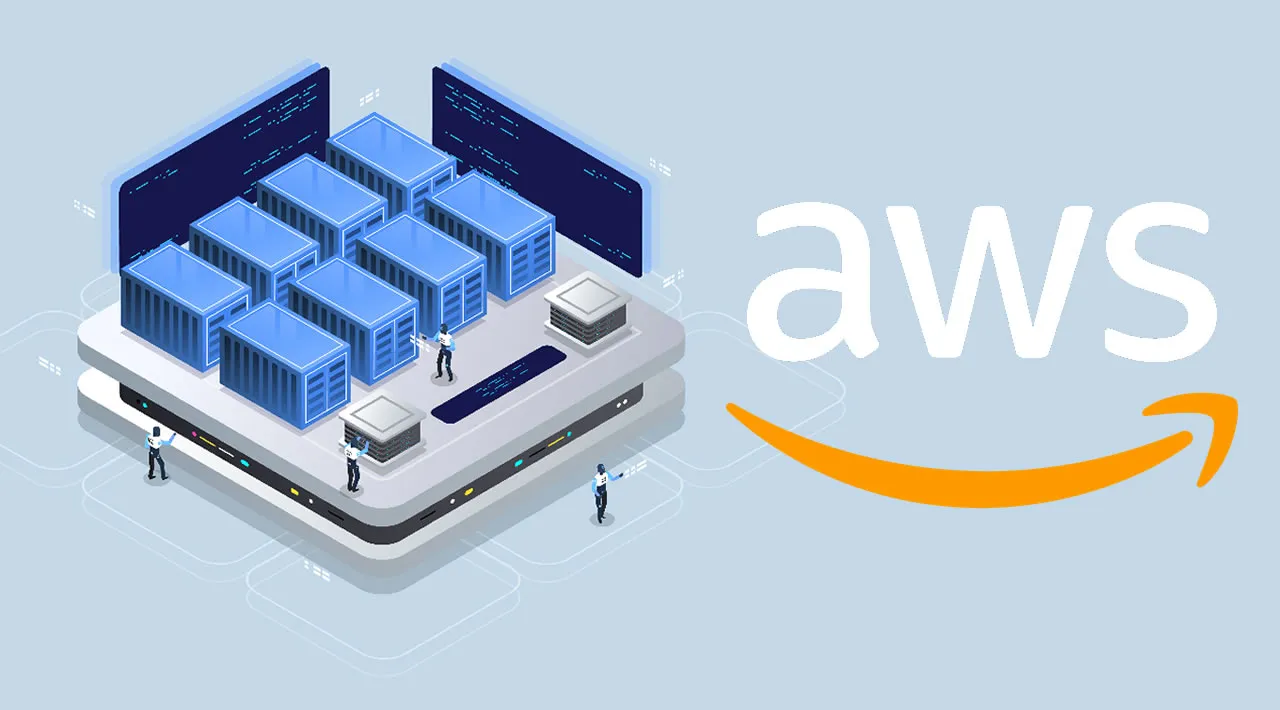Due to their lightweight, portable nature, using containers allows optimal cloud-native application builds. Now, running ten containers is relatively straightforward, but when you consider running containers at scale, i.e., hundreds and thousands of containers comprising hundreds of services, this can get out of hand quickly.
At this point, enterprises reach for a service or tool that can handle this challenge, which is where container orchestration tools come into the picture. Since 2014, AWS has launched more than 50 new features and multiple services to help engineers run containers in the cloud. At first, these tools aimed at optimizing how to run containers. The evolution of that tech has moved towards granular management and orchestration of container workloads.
Today, AWS is one of the best places to run any containerized application because it removes the heavy lifting of underlying infrastructure management and container orchestration. The reason for this popularity is the comprehensive suite of services available to users, check out a top three platform comparison for these services here: Cloud Services Comparison: AWS vs. Google vs. Azure.
The Cloud-Native Computing Foundation completed a study, and determined that 63% of companies are running their container workloads on AWS. These organizations range from optimizing container services for super small-scale dev and test environments right up to enterprise-scale mission-critical applications demonstrating how AWS still remains the most popular platform for such business critical applications. In this article, we’ll discuss the most popular AWS container services to see which best suits your requirements.
So, let’s get started.
#aws #amazon ecs #aws eks #aws fargate #containers on aws
